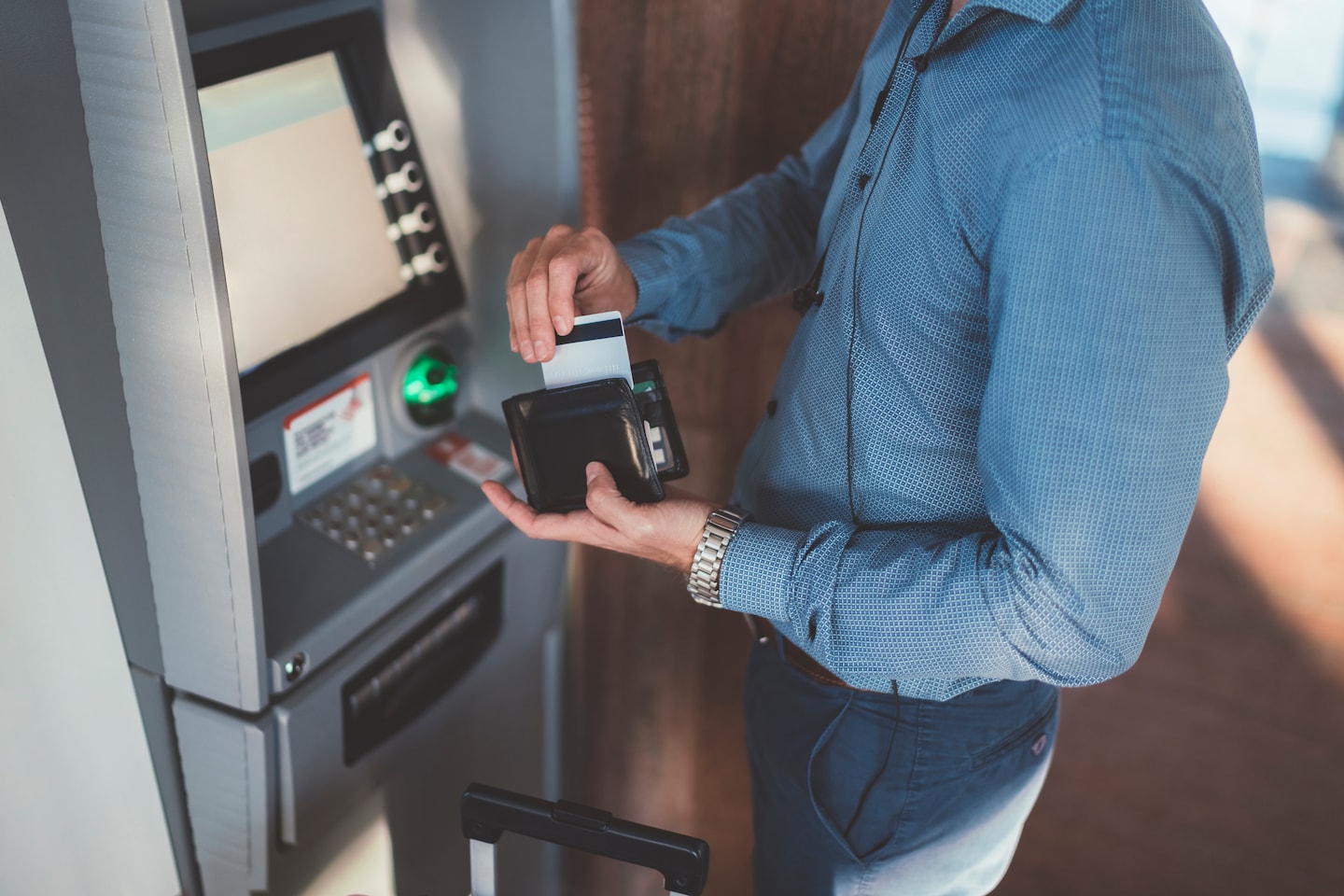Some Black promoters of illegal pyramid schemes are using the Black Lives Matter movement to justify ‘sou-sou’ scams

Typically, a sou-sou involves a small group of people who all know each other or members of a family who pool their money in an informal savings club. Participants may agree to contribute a set amount of money on a weekly or monthly basis and take turns getting a payout. Eventually, everyone gets back only what they put into the sou-sou. There’s no interest paid or triple-digit return guaranteed.
Familiar with the practice from her native Ghana, Alberta, now living in Virginia, decided to try the American version, which promised she would receive $3,500 in four weeks after putting in $500 — a 600 percent return. Participants have to recruit at least two people.
Alberta, who spoke on the condition of anonymity for fear of reprisal, said weeks after she was promised her payout, she’s still waiting for her money. So are three other people she persuaded to join, unaware that it was an illegal pyramid scheme.
“I feel so stupid,” Alberta said in an interview. “I feel so bad for the people I that I brought into it.”
Alberta shared a text message from an organizer explaining why she and others haven’t been paid.
“Nothing is happened or happening bc people have failed to bring in their two people,” the message said. “Which is the ONLY WAY the flower will move and people will get blessed.”
For my part in exposing the uptick in illegal sou-sou schemes, I was accused of not supporting efforts to uplift the Black community.
“I get it that you work in corporate america and part-take in the racist banking system ran by this country,” one reader emailed. “However it is clear that you are just another ‘corporate’ type person (back in the day you would have been called ‘a house … [n-word]).’”
That’s rich. Disparaging me for trying to prevent others like Alberta from losing their hard-earned money.
Here’s a FAQ to explain why you should avoid one of these pyramid schemes.
What’s the difference between a traditional sou-sou and an illegal pyramid scheme?
A traditional sou-sou does not promise profit to its members, says Kati Daffan, an assistant director in the Federal Trade Commission’s division of marketing practices.
What many people are being pitched is an imitation sou-sou or “Susu,” Karen Hobbs, assistant director in the Division of Consumer and Business Education for the FTC, wrote in a recent blog post.
“These kinds of illegal pyramid schemes are the exact opposite of a sou-sou: They promise you’ll make more money than you put in and depend on recruiting new people to keep money flowing into the fund. Like all other pyramids, once they run out of recruits to bring into the club, the money dries up, leaving everyone waiting for their payout holding the bag.”
Why would the government try to shut down enterprises that are trying to help Black people build wealth?
“The wealth built in a traditional sou-sou comes from the members using their collective resources to provide loans to members who can grow their own enterprises with that money and repay the group,” Daffan said.
If you’re receiving money based solely on recruiting people further down the line, that’s not building wealth, that’s a classic pyramid, said Maryland Securities Commissioner Melanie Lubin. “There’s no legitimate product,” Lubin points out. “There is no business or anything else. What’s really important for people to understand is that it doesn’t matter what you call it and it doesn’t matter what shape it takes. What’s really important is that you’re only making money in this by recruiting other people.”
Just think about it, says Dale Cantone, Maryland’s deputy Securities Commissioner. “Where’s the money coming from? How do you think you’re getting back more than you put in? We’ve done pyramid scheme cases and the people who are ‘victims’ get really annoyed with us for stopping them for making what they perceive to be a boom,” Cantone said. “If you look at the math, the only way that it continues is by recruiting new individuals. Very shortly you run out of people.”
I was told because I would be ‘gifting’ money to an individual, it’s not an illegal pyramid scheme. Is that true?
It’s still illegal. “You don’t expect anything back when you give a gift,” Lubin said.
The sou-sou I’m involved with does not pay anyone to run it. There is no ‘administrative fee.’ So, does that make it legal?
If the entity emphasizes recruiting and moneymaking, it is still an illegal pyramid scheme. It doesn’t matter if there is no administrative or central fee.
“It is considered inherently deceptive because the nature of the operation means it will be harmful to the majority of people who get involved,” Daffan said.
Are the illegal schemes just affecting Black communities?
They’re hitting many communities. Pyramid schemes often become popular during economic hard times.
“It appeals to anybody who thinks they weren’t invited to the party,” Lubin said. “It’s an equal opportunity fraud.”






